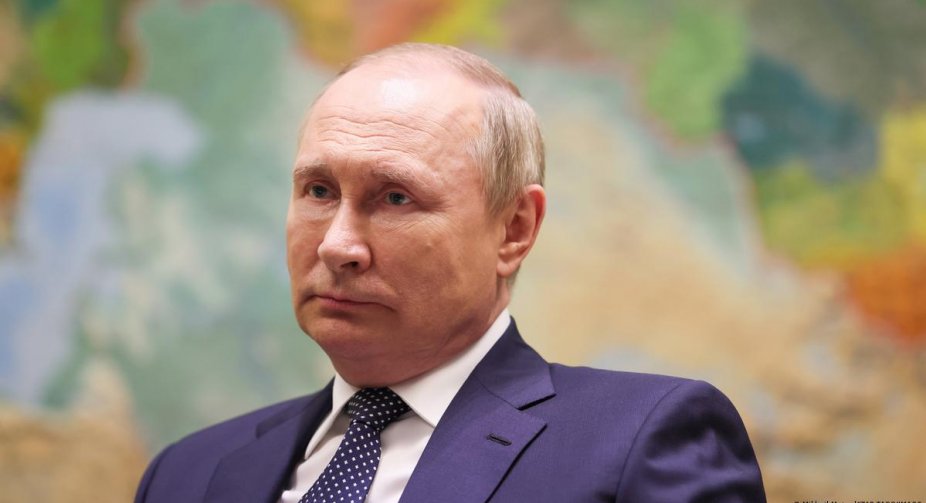Russia and China are close to agreeing on the construction of the Power of Siberia-2 gas pipeline with a capacity similar to the destroyed Nord Stream pipeline to Germany. This was stated by Russian President Vladimir Putin following a meeting with Chinese President Xi Jinping in Moscow.
According to Putin, the projected capacity of the gas pipeline through Mongolia is 50 billion cubic meters per year. This is close to the design capacity of Nord Stream, which was operating before the start of the full-scale Russian invasion of Ukraine.
According to the Russian president, the total volume of Russian gas supplies by 2030 should be 98 billion cubic meters. If we are talking about the annual volume, then the export of natural gas, according to Moscow's calculations, should grow almost 6.5 times compared to the already record volumes of 2022. Then they amounted to 15.5 billion.
This is happening against the background of a sharp reduction in supplies to Europe. According to "Vidomosti" calculations, exports to European countries in 2022 could be halved - from 174.7 to 85.5 and a half billion cubic meters. This happened due to the rupture of bilateral agreements between Moscow and the EU countries, the parties blamed each other for this.
The operation of gas pipelines to China may be hindered by US sanctions against Russia introduced in February, Kommersant newspaper pointed out. As part of another sanctions package, Moscow was banned from supplying turbines used to pump gas and a large number of critical parts for them. Russian companies are actively looking for new suppliers in China and Iran and are buying turbines on the secondary market, but so far they cannot replace supplies from Europe and the USA, the interlocutors of the publication said.
Xi Jinping's visit to Moscow came a few days after the International Criminal Court in The Hague issued an arrest warrant for Putin. The Kremlin is trying to get Beijing's support in the confrontation in Ukraine and with Western countries, but China refrains from directly publicly supporting Russia.
At a press conference after Xi's visit to Moscow, he again did not talk about Russia's support for the war with Ukraine. Putin, in turn, said that he is ready to be guided by Beijing's plan for the peace process (the document, in particular, calls for a ceasefire and the start of peace talks, but does not contain specific proposals on how to do this).
During the visit, several documents were signed, mainly on economic cooperation. The political document "on the deepening of relations of comprehensive partnership and strategic cooperation" states that "the relations between Russia and China, not being a military-political union... surpass this form of interstate cooperation" and at the same time "are not directed against third countries." The document also contains the usual rhetoric for Moscow and Beijing about the rejection of "the imposition by one state of its values on other states." The Russian side also pledged to "study with interest the Global Civilization Initiative" put forward by Xi Jinping the other day.
